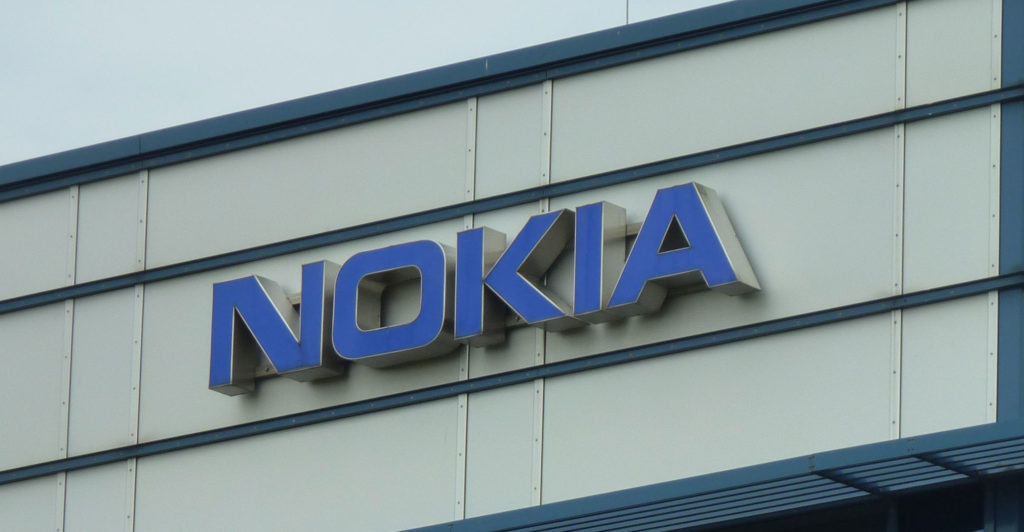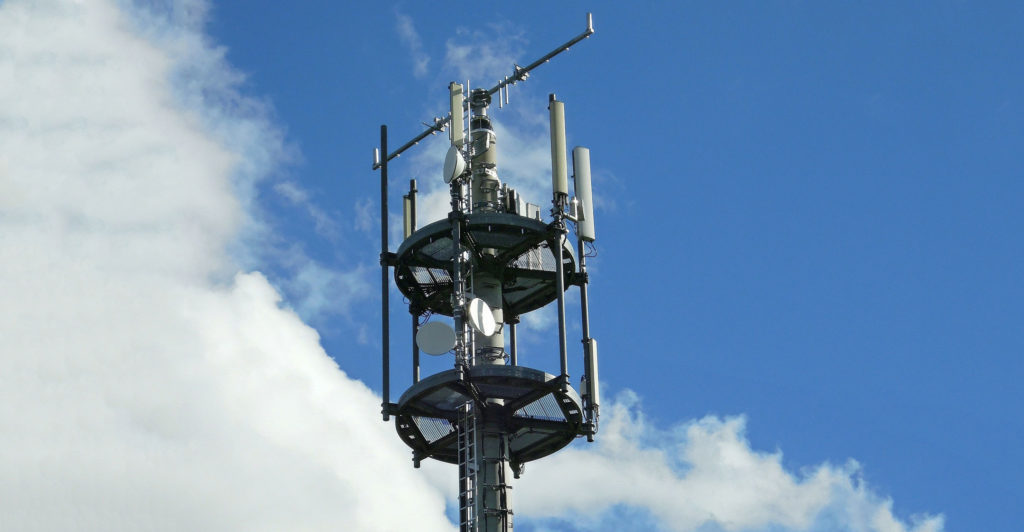 Nokia is exploring strategic options as fierce competition puts pressure on the Finnish network equipment maker’s earnings, people familiar with the matter said.
Nokia is exploring strategic options as fierce competition puts pressure on the Finnish network equipment maker’s earnings, people familiar with the matter said.
The company is working with advisers to consider alternatives ranging from potential asset sales to mergers, the people said, asking not to be identified because the information is private. Other options include shifting investments and making balance-sheet adjustments, one of them said.
Deliberations are ongoing, and there’s no certainty they will lead to any transactions, the people said. A representative for Espoo, Finland-based Nokia declined to comment.
Nokia shares have lost roughly a third of their value over the past year before news of its deliberations. The company’s American depositary receipts rose as much as 13% on Wednesday. The ADRs closed up 6.1% to US$4.15 in New York trading, giving the company a market value of about $23.5-billion.
The firm cut its outlook and suspended its dividend in October, saying it’s not expecting a major recovery in profit until 2021. That’s ratcheting up pressure on CEO Rajeev Suri to act.
One possibility Nokia could also consider is combining with a competitor like Ericsson or partnering in certain business areas. Still, such a move would face significant hurdles including political pressure to preserve jobs as well as antitrust scrutiny. A representative for Ericsson declined to comment.
Deeper changes
The limited number of direct rivals to Nokia would also require the company to consider interest from further afield — like technology companies or wireless operators — if it were to ever seek a full sale.
The December announcement that Nokia chairman Risto Siilasmaa would step down stirred speculation about deeper changes at the company. The firm is in a fierce rivalry with Ericsson and China’s Huawei Technologies, as the three dominant players seek to benefit from phone carriers’ investments in next-generation mobile networks.
The US should be “actively considering” investments into Nokia or Ericsson to counter the threat posed by China’s dominance of emerging 5G technology, attorney-general William Barr said this month.
 Larry Kudlow, President Donald Trump’s top economic adviser, later said the US government isn’t in the business of buying companies. He has since announced plans by the White House to hold a conference with Huawei rivals to try to accelerate development of affordable competing products.
Larry Kudlow, President Donald Trump’s top economic adviser, later said the US government isn’t in the business of buying companies. He has since announced plans by the White House to hold a conference with Huawei rivals to try to accelerate development of affordable competing products.
Nokia warned this month that, excluding China, its addressable market is likely to be stagnant this year compared to 2019.
As it struggles to catch up with competitors, Nokia’s acquisition of French rival Alcatel-Lucent in 2016, which helped to broaden its offering, may have slowed down development of new products as it contended with a complicated integration process. — Reported by Ed Hammond, Dinesh Nair, Myriam Balezou and Niclas Rolander, with assistance from Matthew Monks, (c) 2020 Bloomberg LP




